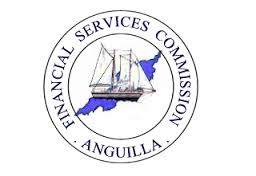Anguilla establishes fast-track licensing for insurers
Chris Hamblin, Editor, London, 11 August 2015

The Anguilla Financial Services Commission has set up a fast-track application process for the licensing of captive insurers.
The process will be available for licensing applications submitted by insurance managers who meet the eligibility requirements outlined below and have been approved by the commission to use the fast track process. A fast-tracked licence application will be approved (provided the captive insurance company has been incorporated) within one business day.
How to be eligible and how to apply
Insurance managers who can use the new process must:
- have been licensed for at least 3 years by the commission or a similar regulatory organisation to conduct business as an insurance manager;
- have a proven track record of meeting regulatory requirements, not least in relation to the quality of submitted applications; and
- have an acceptable track-record of managing captives.
The insurance manager and the captive insurance companies under its management must also have an acceptable compliance record. When gauging 'acceptability,' the regulator will pay particular attention to the circumstances of suspensions, revocations and other sanctions.
The application process itself will consist of the following.
- A letter of application with payment of a non-refundable application fee of US$500;
- A review by AFSC staff to decide whether the applicant is eligible;
- An annual review of the insurance manager’s performance to ensure continued eligibility.
If the AFSC gives an applicant insurance manager its approval to use the fast-track process, there must be a payment of US$2,000.
Why US dollars?
Anguilla's economy is more or less 'dollarised.' Nine years after the devaluation of Sterling against the US dollar in 1967, which caused the collapse of the Bretton Woods regime and prompted an inflationary shock in the Caribbean, Anguilla and its fellow members of the Eastern Caribbean Currency Union (Antigua and Barbuda, Dominica, Grenada, Montserrat, St Kitts, St Lucia and St Vincent) decided to peg their common currency, the East Caribbean dollar (estd 1965), to the US dollar.












